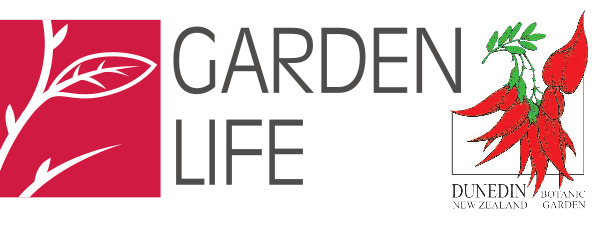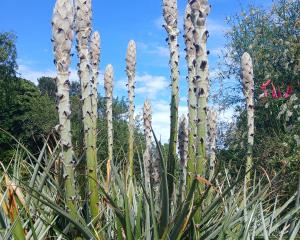
William Lobb, for example, was one of the most successful 19th century plant collectors employed by Veitch Nurseries, a once well-known English nursery. Lobb made extensive journeys for Veitch in South America and the western United States.

An Englishman from Cornwall, he trained as a practical gardener and was entirely self-taught in botany.
He made two expeditions to South America. The first being in 1840, which lasted for a period of four years. In Chile he collected his greatest prize — the monkey puzzle tree, Araucaria araucana. Its widespread cultivation today is due to Lobb’s collection of seed. It was Lobb who gave the tree its generic name in honour of the Araucanian Indians of Southern Chile who had offered him friendship and help.
In his second expedition, to South America from 1845 to 1848, he found the evergreen climber Chilean bell flower, Lapageria rosea; Chilean firebush, Embothrium coccineum and Antarctic beech, Nothofagus antarctica and Peruvian holly Desfontainia spinosa.
In 1853 he obtained seed from the living specimens of the Wellingtonia, Sequoiadendron giganteum. Lobb went back to England before deciding to settle in California in 1854. He continued to send collections to Veitch until his death from paralysis in San Francisco in 1863.
It is due to plant collectors like Lobb that we can view such specimens at the Dunedin Botanic Garden.
Garden Life is produced by the Dunedin Botanic Garden.
For further information contact Davin Askin.












